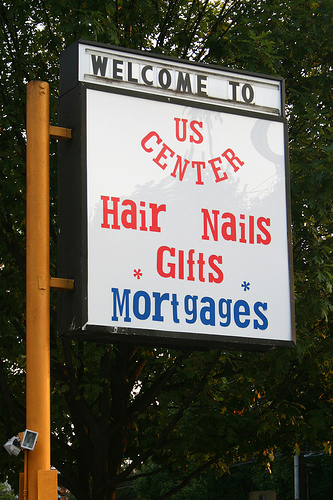When a foreclosure sale occurs, the lender often bids at the sale the entire amount due on the loan. If no one bids higher, they obtain the property. But are they entitled to then collect insurance for pre-foreclosure damage? Sometimes insurers obtain their own insurance policy, which covers them for all damage to the property. However, commercial lenders often are insured through their borrower’s policy, which only covers the value of the debt. There is an important difference if the lender forecloses, and parities in this situation may need to consult with a real estate attorney. In a recent case, the lender discovered that making a full credit bid at the foreclosure sale was a mistake, and lost its chance to collect on the policy.
 In Najah v. Scottsdale Insurance Company, the plaintiff sold a commercial property taking back a note for $2.5 million secured by a 2nd deed of trust. The first loan was for $2 million. There was a structure on the property, and the terms of the Notes required that the buyer not remove or destroy the building, and to repair any damage that occurred. The Note required the buyer to provide an all risk insurance policy insuring the seller, which the buyer obtained.
In Najah v. Scottsdale Insurance Company, the plaintiff sold a commercial property taking back a note for $2.5 million secured by a 2nd deed of trust. The first loan was for $2 million. There was a structure on the property, and the terms of the Notes required that the buyer not remove or destroy the building, and to repair any damage that occurred. The Note required the buyer to provide an all risk insurance policy insuring the seller, which the buyer obtained.
The Buyer went into default and the first lender pursued foreclosure. The seller, holder of the second, bought the interest of the first lender for the balance due on the first loan, $1.75 million. The Seller was also assigned the first deed of trust. The seller then foreclosed on its 2nd deed of trust. At the foreclosure sale, the Seller made a full credit bid – that is, it bid the full amount due on the 2nd Note.




 In
In  In
In  In
In  In
In  In
In  In
In  In
In